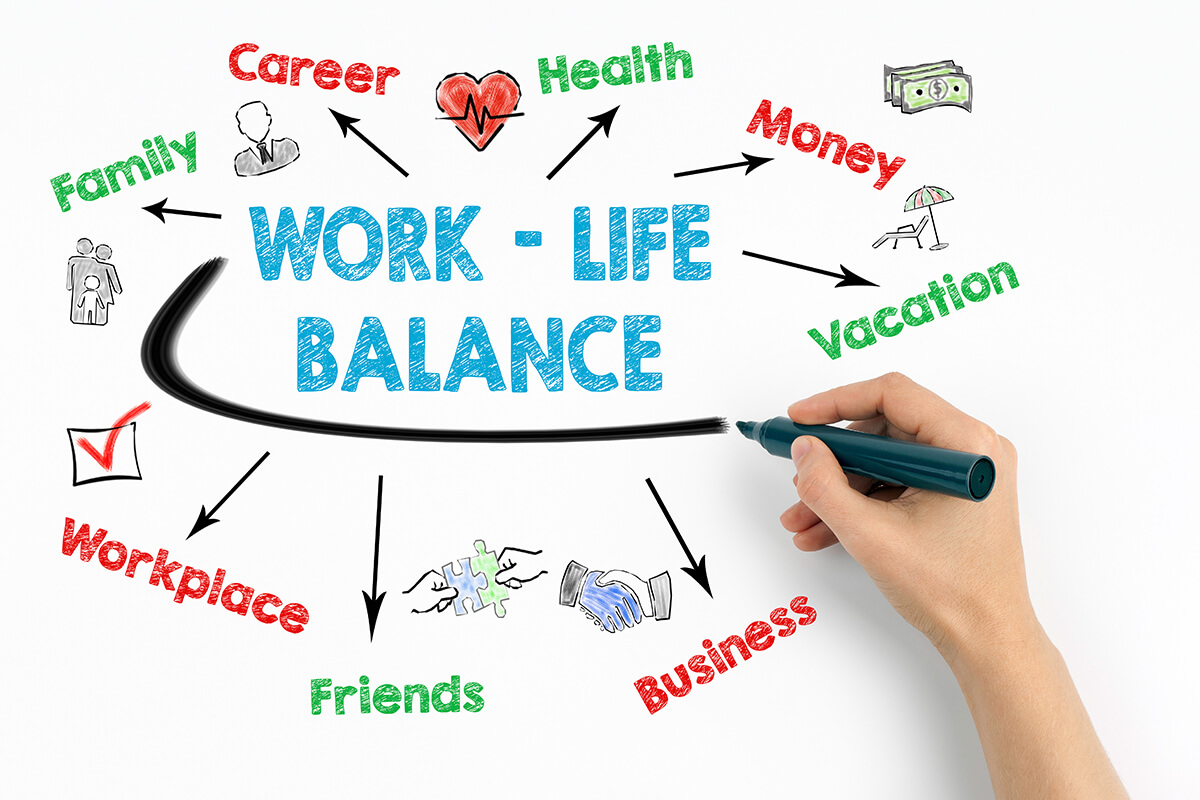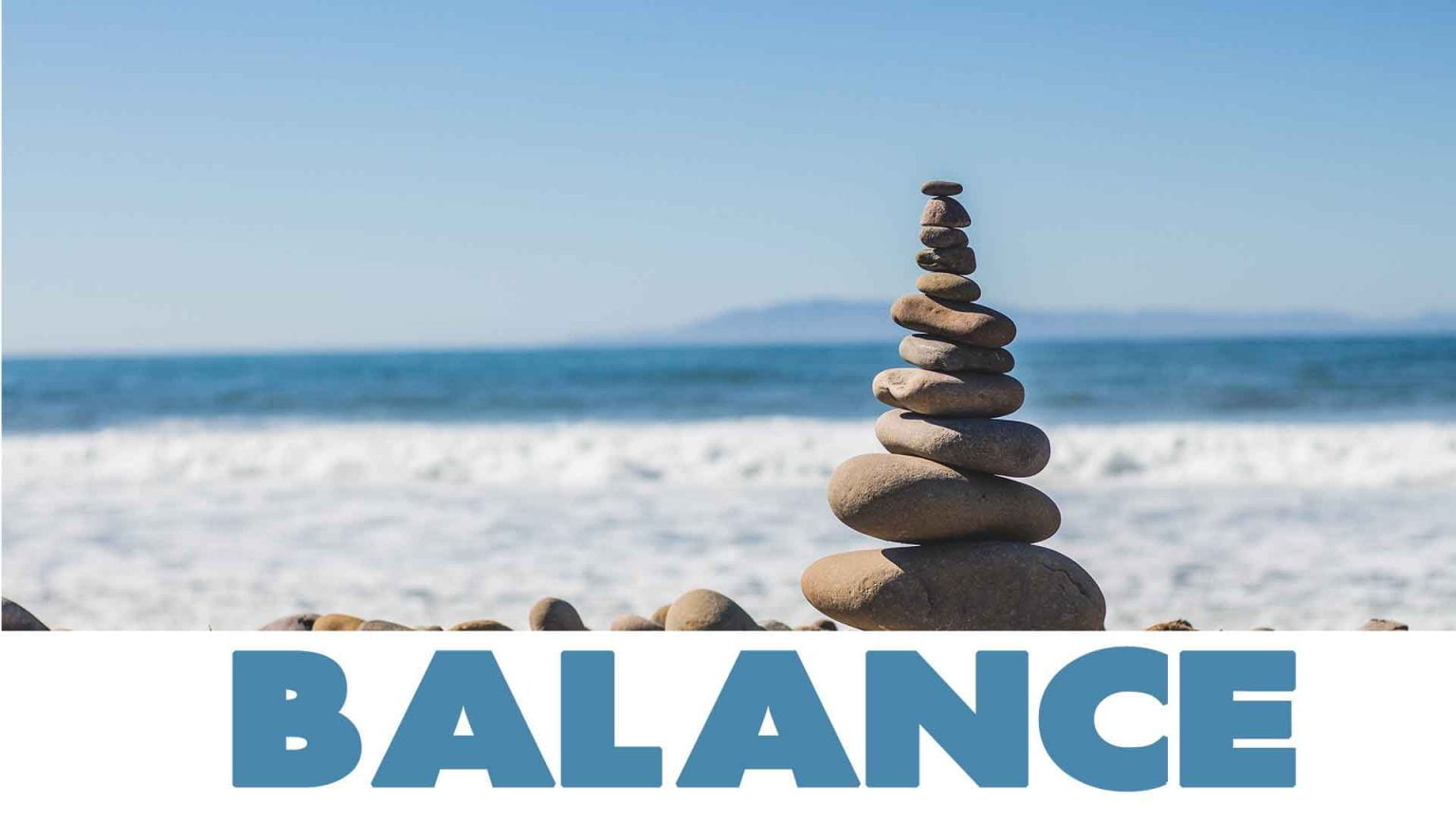


The keyword here is interactive-if you're bearing all the weight, you can't get balanced. Imagine a balancing act that involves not only individual strength, but interactive support. Remember that it's often easier to find balance with another person.Set something specific-for example, this week you’ll add kale to three meals, or you’ll have fruit with your breakfast every morning or decide that you’ll run for thirty minutes on Wednesday and Friday mornings. The same is true if you say that you’re going to eat healthily or exercise more. And since it’s so vague, it’s hard to know whether or not you’ve accomplished that goal, which makes it hard to feel in balance. It’s more useful to say, “I’m going to spend an hour alone with each child sometime this week,” than to say, “I’m going to have quality time with each of my children.” Quality time is a great concept, but it’s also a vague one. Then you will need to break down that into even smaller steps, tactics to get to that first goal-for instance, taking a writing class, writing for 30 minutes every day, joining a writing group, or submitting something you’ve written to a local newspaper. For example, if you want to be a successful writer, your short term goals might be to get your first article published in any newspaper that will take it.

Tactics are the combination of short term goals that will help you get you to your longterm goal. In business, this is called “Tactics and Strategy.” Strategy is the longterm goal, the big picture. But Drucker’s point is that once you decide what’s important, focus on it and get it done. On any given day, in any given moment, what is your priority? Is checking your email more important than calling your grandmother? Is taking a hot shower more important than talking to your best friend for the third time today? In order to stay on course, you may have to re-examine your priorities regularly. The problem is often figuring out just what is most important. In his book The Effective Executive, Peter Drucker talks about the importance of setting goals, deciding which are most important, and then, doing the most important things first.

As long as we keep practicing finding balance, we will find one. You often hear the comment that it’s good to fail-it means you were trying. I love that many yoga teachers talk about yoga as a “practice”-the goal is not to become great at it, but to keep practicing it. Rather than trying to stay balanced, think of yourself as practicing balancing, over and over again. Balance often occurs only for a fleeting moment, but it can reappear over and over again. Being balanced does not mean being calm, relaxed, and content all of the time. Keep in mind that, as Bacharach tells us, balance is not a final goal, but an ongoing process.


 0 kommentar(er)
0 kommentar(er)
